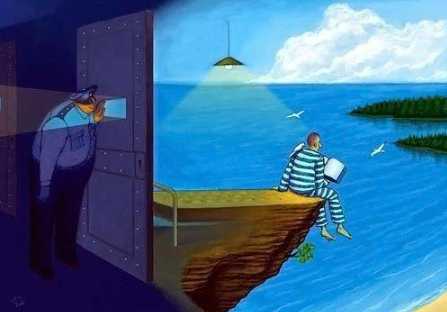Changing Lives Through Storytelling
- Ludivine

- 8 mai
- 2 min de lecture
“Stories for Wings” is an Erasmus+ project coordinated by AIFED, with a powerful mission:
to support the social reintegration of inmates through the art of storytelling. Focused on adul education within prisons, this project uses storytelling not just as a creative tool, but as a method for personal and social transformation.

A mission based on human values
The project “Stories for Wings” has a deep commitment to core European values such as
democracy, inclusion, freedom, and active citizenship. Story for Wings believes that real
change comes from within and through storytelling, inmates are empowered to reflect on
their experiences, connect with others, and reimagine their future outside of prison walls.
The main goals of the project are to support the social reintegration of prisoners, to promote
civic values such as inclusion and democratic participation and to emphasize storytelling as
a tool for emotional, social, and educational development.
Who is involved?
This project reaches and supports three key groups: prison educators and trainers, who are
provided with innovative teaching tools and methods. Then, inmates who receive support to
express themselves, build empathy, and gain confidence Finally, institutions such as public
administrations and associations, that benefit from new methodologies to strengthen their
own reintegration and education programs.
Storytelling as a transformational tool
Storytelling 1 , in this context, is more than just telling a story. It is a skill that builds self-
awareness, emotional intelligence, and communication. It invites individuals to explore their
past, give meaning to their experiences, and share them in ways that resonate with others.
Through storytelling, the project aims to engage emotions and encourage deep reflection,
build empathy and improve communication. It also aims to help inmates process their
personal journeys.
Tools developed for change
To support this approach, the project has developed several key educational resources such
as a values-based handbook combining theory and practice, a digital E-Toolkit filled with
storytelling activities and exercises and last but not least an online Learning Management
System (LMS) offering structured educational content.
Collaboration and sharing
The project relies on active collaboration between partners across Europe. Virtual meetings
ensure constant coordination, while face-to-face gatherings as for instance an upcoming
event in Granada bring teams together to share results, select the most impactful stories,
and refine teaching methods.
Public “multiplier events” are also held to raise awareness about the project’s outcomes,
gather feedback, and encourage other institutions to adopt the storytelling methodology.
Stories for Wings is a reminder that everyone has a story worth telling and that stories, when
shared with purpose and compassion, can truly change lives.






Commentaires